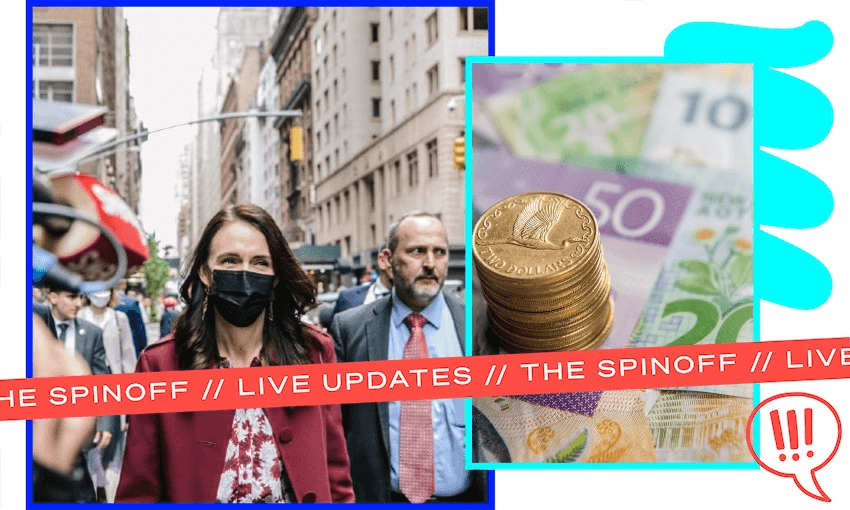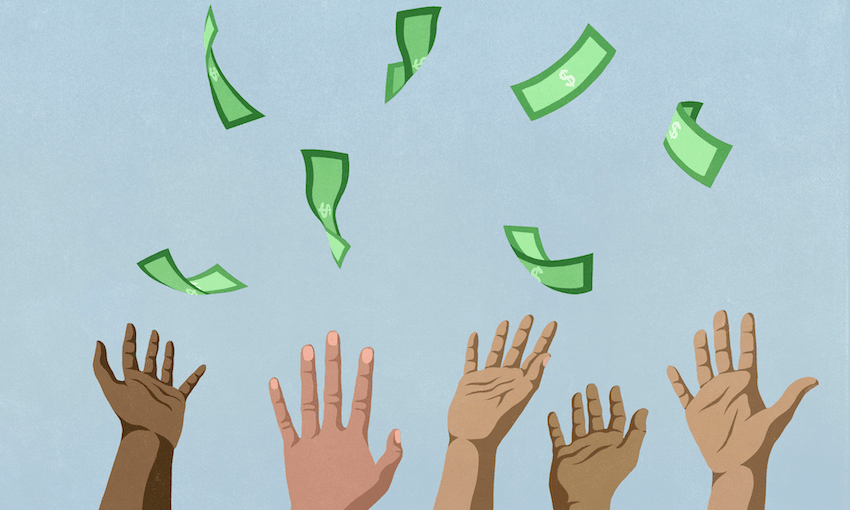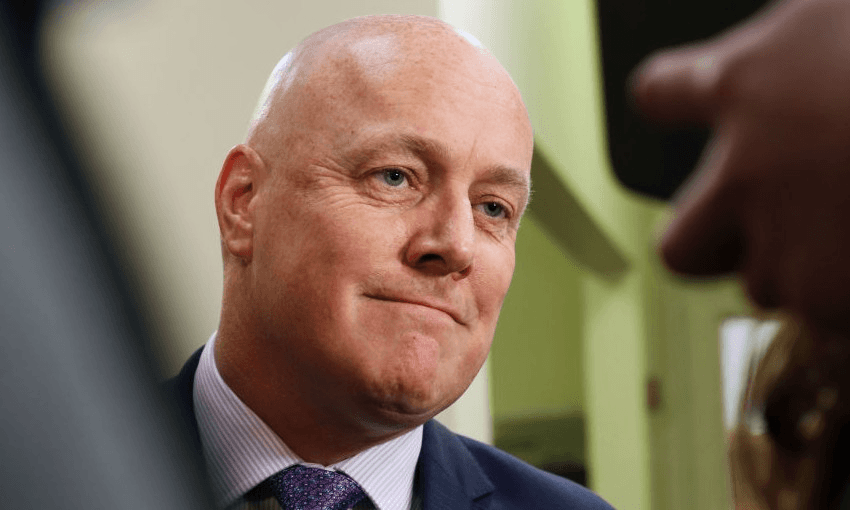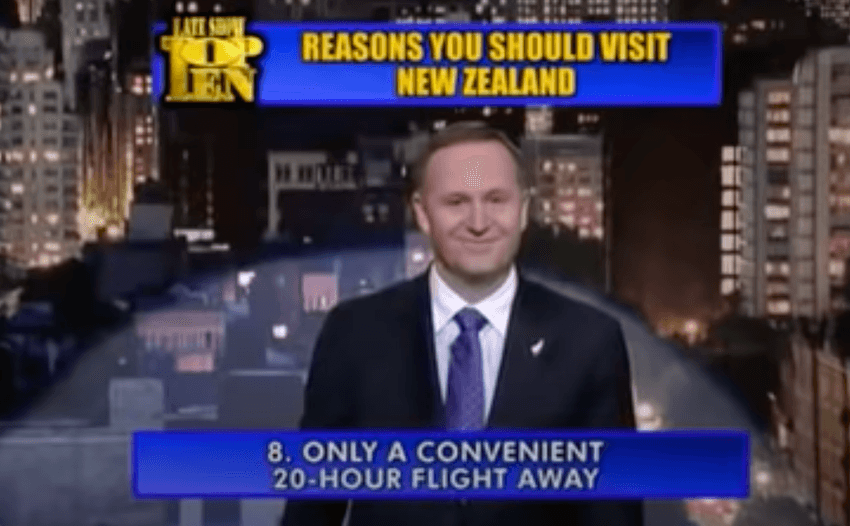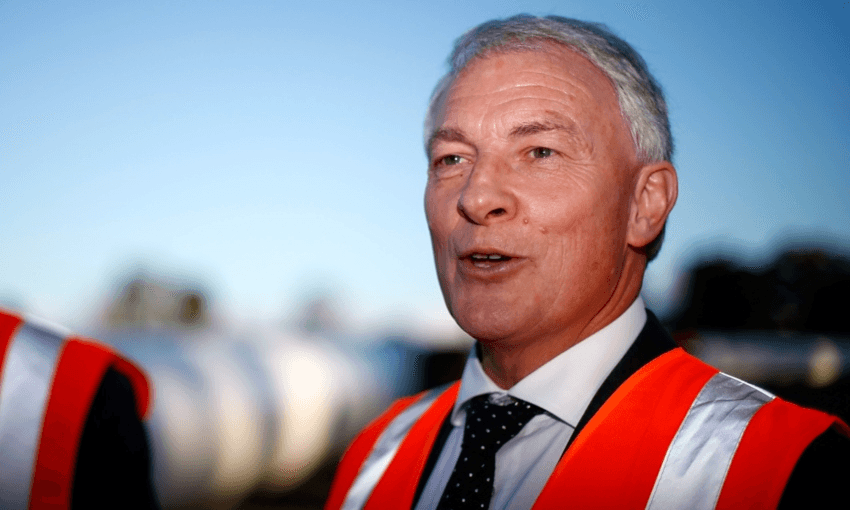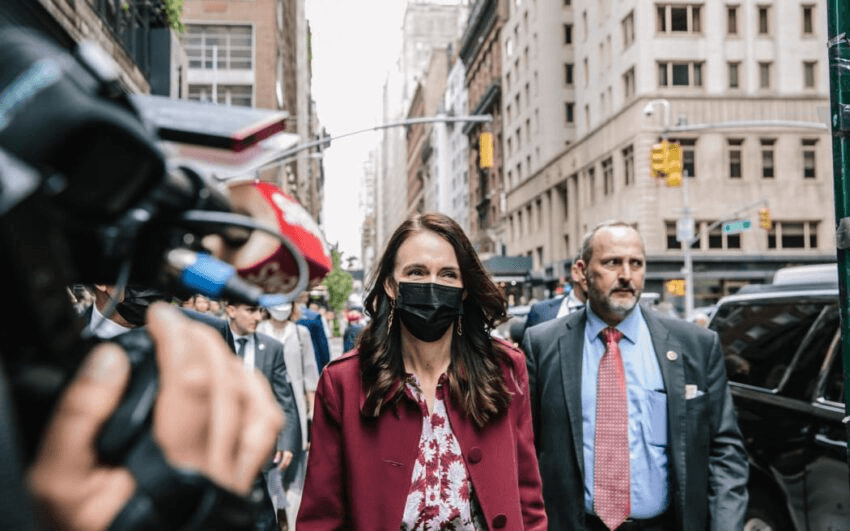Another subvariant of omicron has been detected in the community. The Ministry of Health has confirmed a case of the BA.2.12.1 subvariant, without a clear link to the border, in Hawke’s Bay from a test result returned on May 10.
“This omicron subvariant is prevalent in the USA and has been detected at our border for many weeks,” said the Ministry of Health. There have been 29 imported cases reported of this variant since April.
“Emerging data suggests BA.2.12.1 is marginally more transmissible than the subvariants currently circulating in Aotearoa-New Zealand,” said the ministry. “Our genomic surveillance (genomes and wastewater) remains in place to study any new variants and track their spread.”
Meanwhile, the omicron BA.4 and/or BA.5 subvariants have also been detected in wastewater samples at Rosedale on Auckland’s North Shore and in Gisborne.
“The presence of these subvariants in the community is also not unexpected,” said the ministry.
Latest numbers: 11 deaths, 368 in hospital, 8,150 new community cases
Another 11 people with Covid-19 have died, bringing the nationwide death toll up to 1,086 and the seven-day rolling average of reported deaths to 10.
The deaths being reported today are for people who have died in the past 10 days, apart from one death on May 6 and one on April 11. One of those who died was under the age of 10, while one was in their 30s, one was in their 60s, one was in their 70s, three were in their 80s, and four were aged over 90. Six were female and five were male.
There are now 368 people in hospital with Covid-19, including 11 in intensive care.
There are 8,150 new community cases. The seven-day rolling average of community case numbers today is 7,308 – last Wednesday, it was 8,024.
Auckland continues to record the highest number of daily cases, with 2,617 registered overnight.
